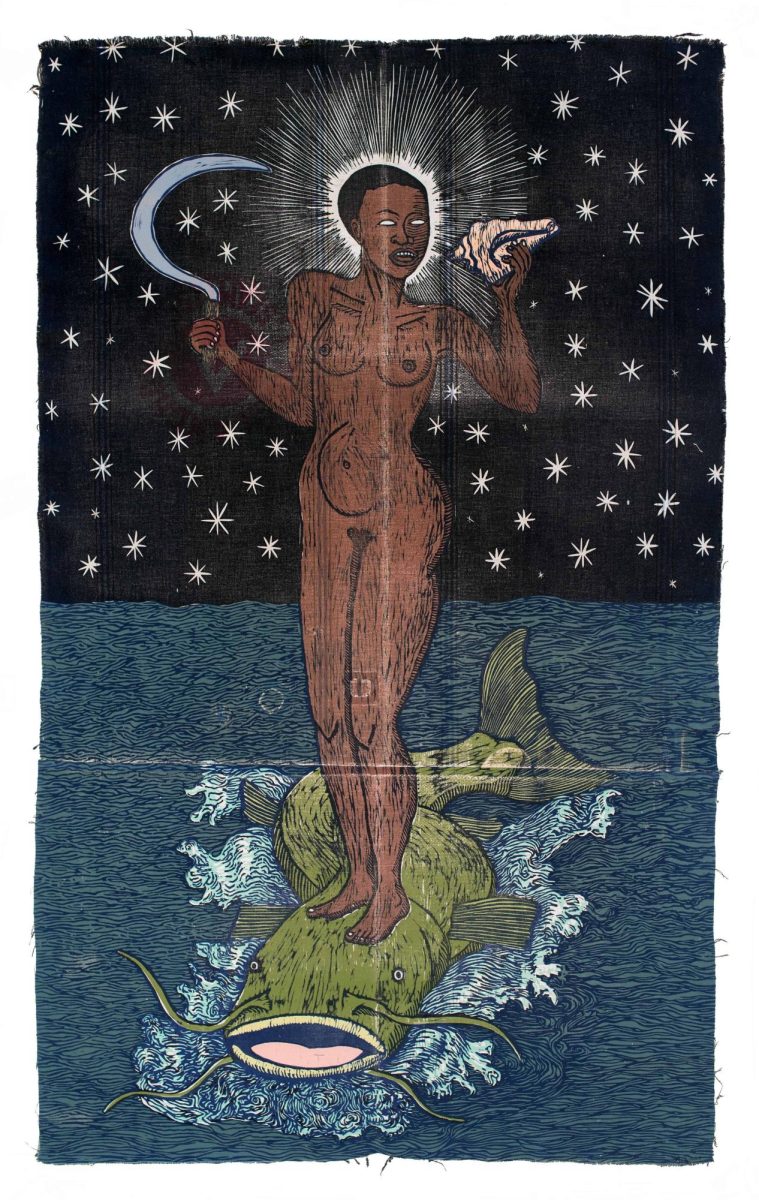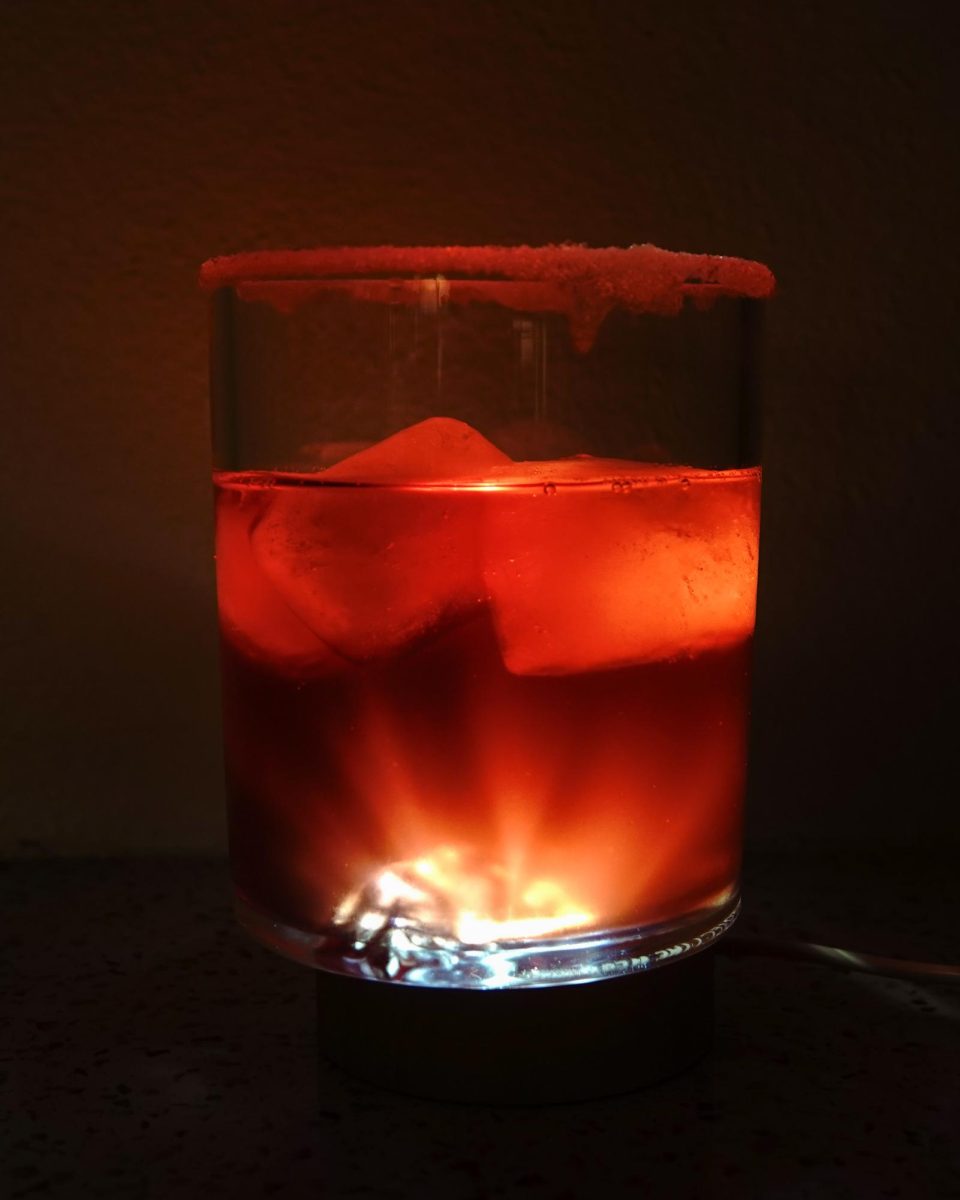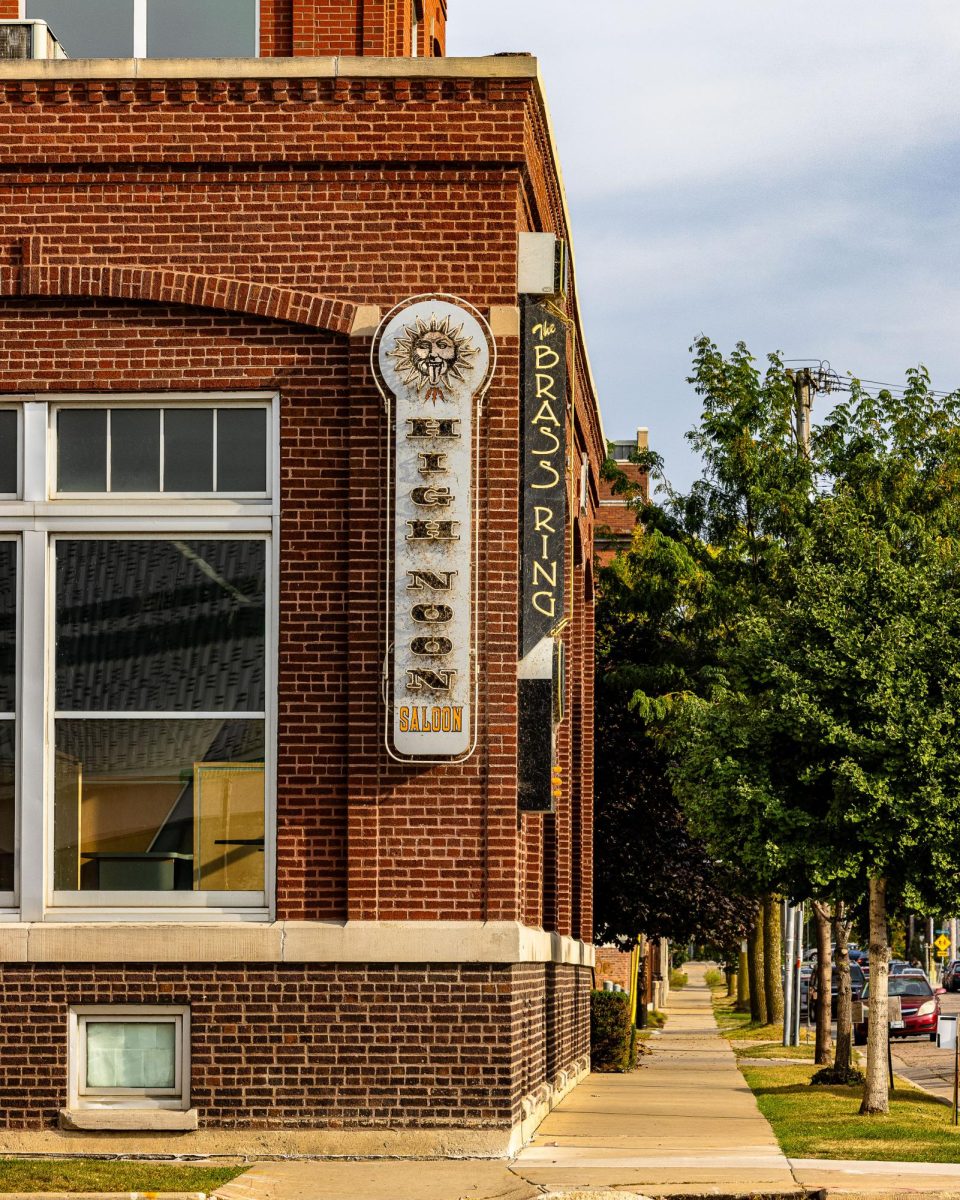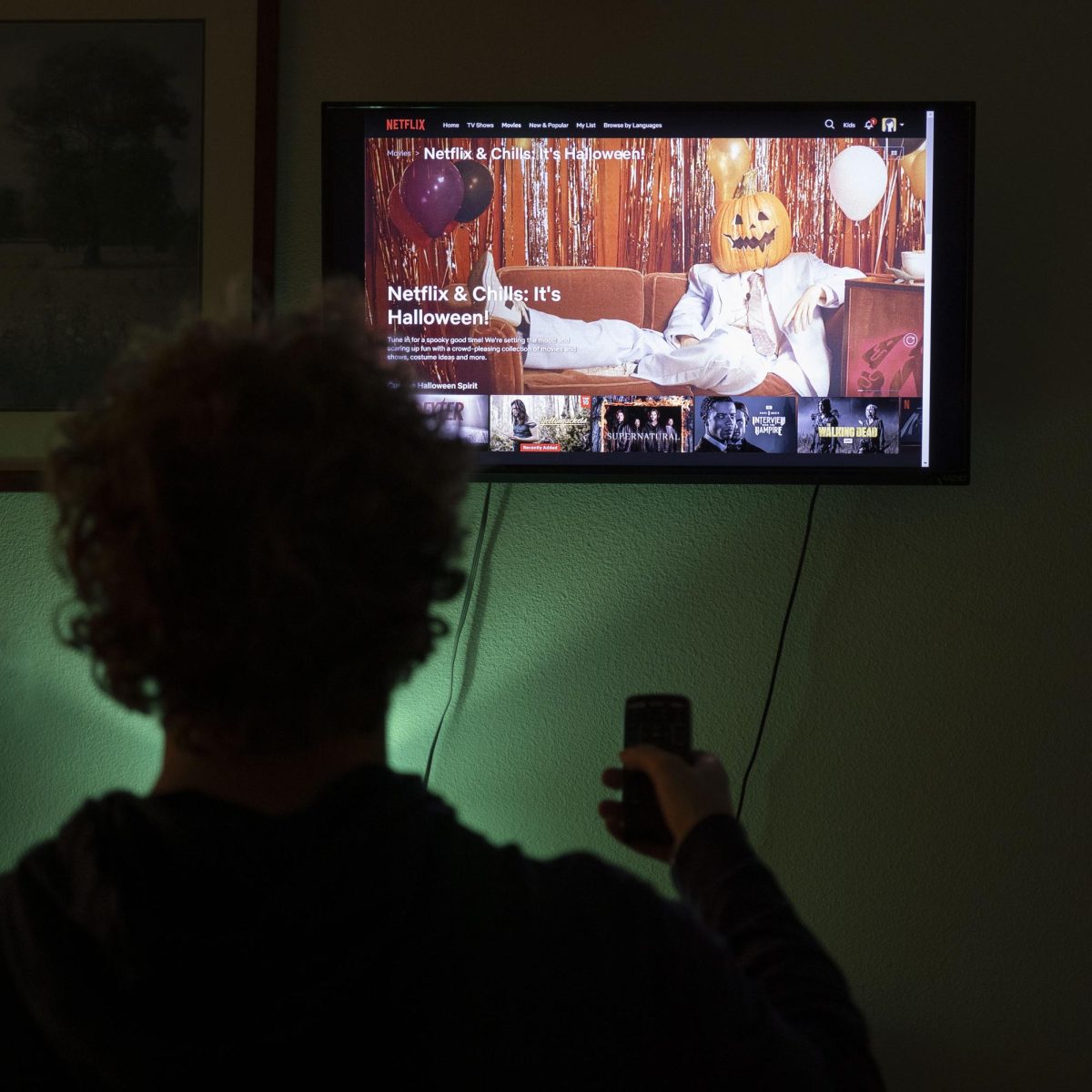Seeing as Valentine’s Day just passed, hopefully you had a conversation like the following:
“You are so sexy, and I would love to make out with you until dawn.”
“Oh yeah! Let’s suck face.”
Okay, well maybe that isn’t the sexiest example, but you get the point. This would be an example of consent. Consent is the freely (and coherently) given yes and not the absence of no. For example, if you ask someone if they want to bone and they are half asleep and grunt back at you, that would not be consent. Asking for it doesn’t have to be anything awkward or politically correct such as, “Do you think I could maybe put my left hand on your breast in six minutes?” It can actually be used as a turn on and can add to the sexual atmosphere. If someone were to say your ass is gorgeous and asks if it would be OK to lick it, that could be really hot.
It’s true that baseball is the all-American sport, but that doesn’t mean that it is the best analogy for the progression of sexual activity. Apparently a person has to have second base “heavy petting” before they can go to third and blow a person. Really now? In our Sex Out Loud training we learned sexual activity could be thought of as a playground. Think about it. There are tons of options for what people might want to do. Multiple people can get involved, and you have to ask to see what people might enjoy. “Hey Linda, want to go on the monkey bars with me?”
“Nah, I want to go on the slide by myself.”
This is a much more fluid and realistic view of sexual activity than four bases and men in spandex.
So what is it called when sexual activity continues without someone’s consent? Sexual assault. This is a huge problem both campus and nationwide, and what makes sex great is when everyone involved agrees to it. If you are doing something you don’t want to be doing, then the experience won’t be fantastic. I feel very strongly about addressing this issue, seeing as it is extremely important and doesn’t get the press time it should.
It is important to note that sexual assault is not about sex but about power, and it is never the victim/survivor’s fault. It happens to people of all genders and sexual orientations: men, women, transpeople, same-sex couples, polyamorous groups, etc. Although Wisconsin Coalition Against Sexual Assault reported 93 percent of sexual assault cases involve men assaulting women, that doesn’t mean women don’t assault men or other women, or that all men are perpetrators.
And there are some general trends of sexual assault that occur on college campuses like ours. For example, the most at-risk group is freshman women, and most attacks are perpetrated by someone the victim/survivor knows rather than a scary person jumping and attacking them out of the bushes.
This is a huge and critical issue in our society. Think about the culture we have surrounding sex and gender identity. Oftentimes women are portrayed as objects of affection and the ones who seduce their partners. We are all probably guilty of calling a girl a slut because her “skirt is too short” (whatever that actually means) or a whore because she likes having sex with more than one partner in a month. And guys are “pimps” and “players,” which is apparently a good thing in our society. These subtle messages really play a role in how we view the genders and sexual relations between people. It’s everyone’s responsibility to watch what they say and try to change the culture around sexual assault. It’s also important to open a dialogue with friends and family. If your roommate is talking about how she banged a guy that “was, like, totally drunk,” bring it up and say it is not OK to take advantage of someone.
Being an active bystander at a party is also a step in the right direction. Know where your friends are and what they are up to. Ask the drunk guy at the party if he wants you to call a cab or if he knows where his friends are. These are all important actions people need to take to ensure the safety of our fellow Badgers and society members. Think of how awful you would feel if your roommate, brother or girlfriend called you and said they had been sexually assaulted. Be proactive to change the culture around it.
Even with every precaution taken, sexual assault happens. Fortunately, our campus has some great resources to help a person deal with what happened to them. The Rape Crisis Center is a fabulous resource for not only victims/survivors but also for people supporting them. They offer a crisis hotline 24/7 for anyone to use for medical and legal advice, counseling and many other services. They have an office on the seventh floor in the new UHS building at 333 E. Campus Mall. Meriter Hospital offers evidence collection via a sexual health nurse examiner (which is best if utilized up to five days after an attack). PAVE is also out there working on preventing sexual violence and trying to change the culture around it. And at www.sexoutloud.com, there is a resource tab with more options.
I encourage you to learn more about this subject and educate yourself and your peers, seeing as how 900 words is not sufficient space to fully cover this topic. I’ll get off my soapbox — for now.
Mary Kouba is a senior majoring in zoology and pre-nursing. She thanks all those working on this cause and appreciates what they have done. If you have further questions on this topic or comments on the article e-mail her at: [email protected].







